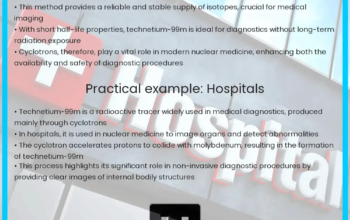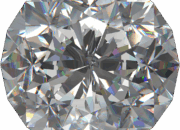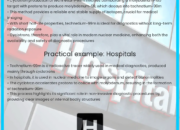In the realm of academia, a perennial question lingers: do PhD students possess a life outside the confines of their studies? This inquiry navigates through the complexities of rigorous intellectual pursuit, laden with the dual specters of research commitments and personal existence. As we delve into this discourse, particularly through the lens of laser research and the inevitable late nights, we unearth the inherent dichotomy faced by doctoral candidates.
To embark on this exploration, it is imperative to comprehend the transformative nature of a PhD journey. This odyssey often requires profound dedication and intellectual rigor that can lead one to question the very essence of life outside their academic endeavors. Indeed, the portrayal of a typical PhD student is frequently shrouded in images of solitude, cluttered desks strewn with papers, and a perpetual frown resembling that of a bespectacled scholar engrossed in the latest research paper. However, beneath this seemingly monochromatic portrayal lies a vibrant landscape filled with both challenges and triumphs.
At the core of many PhD programs is a profound commitment to original research. For those specializing in the esoteric world of laser technology, the challenges are multifaceted. The intricacies of quantum mechanics intermingle with the tangible application of photonics, engendering a stimulating yet demanding academic environment. Students often find themselves immersed in a myriad of projects aimed at advancing knowledge in fields such as telecommunications, material science, or medical applications of lasers. This specialization can inherently lead to extended hours spent in laboratories, meticulously collecting data and fine-tuning apparatus in pursuit of groundbreaking discoveries.
However, this relentless pursuit of excellence can exact a significant toll on personal life. The specter of time—an ephemeral yet relentless adversary—casts shadows over social engagements, hobbies, and even basic self-care. Late nights in the lab become the norm as deadlines loom, and the incessant quest for publication pressures students to devote additional hours to writing and revising their manuscripts. The ambition to contribute to one’s field often supplants the allure of social interactions, leaving many to grapple with feelings of isolation.
What, then, is the solution to this perennial conundrum? One possible approach is the integration of time management strategies that can empower students to carve out essential personal time amidst their academic commitments. These strategies can include the creation of structured schedules that prioritize both research objectives and personal interests. For instance, dedicating specific evenings to engage in leisure activities—whether it be sports, art, or simply unwinding with friends—can foster a more balanced existence.
Moreover, embracing the communal aspect of graduate school can significantly mitigate feelings of isolation. Establishing networks of fellow PhD students can lead to collaborative research endeavors that not only enhance academic productivity but also fortify social bonds. Informal gathering events, study groups, or even recreational outings can nurture camaraderie, transforming peers into a supportive community that alleviates the burdens of solitude. After all, engaged discussions about laser applications or the latest research obstacles can seamlessly transition into light-hearted banter, creating a conducive environment for both intellectual growth and friendship.
To further enrich the experience of a PhD student, there lies an untapped frontier—the harmonious balance between academic pursuits and personal well-being. Seeking mindfulness practices such as yoga, meditation, or regular physical activity can rejuvenate the weary mind. Indeed, engaging in such practices not only serves to relieve stress but invigorates creativity, enhancing research productivity in the process. Such methodologies encourage students to step away from the confines of their laboratory, rejuvenating both body and spirit.
Furthermore, PhD students should be cognizant of the importance of reasonable expectations. The inherent nature of academic exploration is fraught with uncertainties; experiments may fail, roadblocks may arise, and hypotheses may falter. Such challenges can evoke frustration and a sense of inadequacy, leading students to double down on their research at the expense of personal wellness. However, it is crucial to recognize that such occurrences are part and parcel of the scientific process. Embracing failures as opportunities for learning fosters resilience and a healthy perspective on academic life.
Now, let’s discuss the bittersweet reality of post-PhD life. Graduates often find that the skills honed during their doctoral journey—critical thinking, problem-solving, and dedication—become valuable assets in the job market. However, the transition from academia to industry or other avenues can present its own trials. Many former PhD students find themselves missing the intellectual debates and explorations that characterized their academic life. Thus, creating opportunities for continual learning and engagement with the academic community post-PhD can cultivate a sustained passion for the field.
In conclusion, the life of a PhD student is undoubtedly fraught with challenges, particularly when navigating the rigors of research in fields as demanding as laser science. Yet, by instilling effective time management practices, fostering supportive networks, and maintaining a commitment to personal well-being, students can cultivate a fulfilling existence that transcends the confines of their academic pursuits. While it may be an arduous journey, rich with late nights and intensive research, the prospect of integrating personal joy with scholarly excellence can ultimately lead to a more balanced and rewarding experience. Indeed, the question remains: can PhD students lead vibrant lives amidst their academic quests? The answer is yes—if one is willing to embrace the challenges and forge a path that values both knowledge and life itself.












